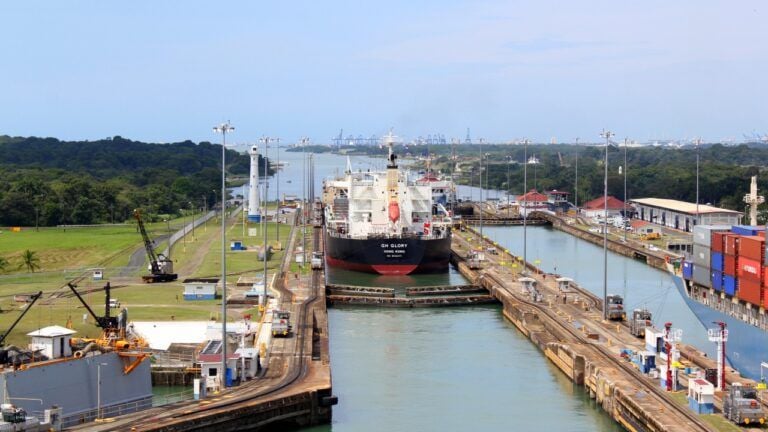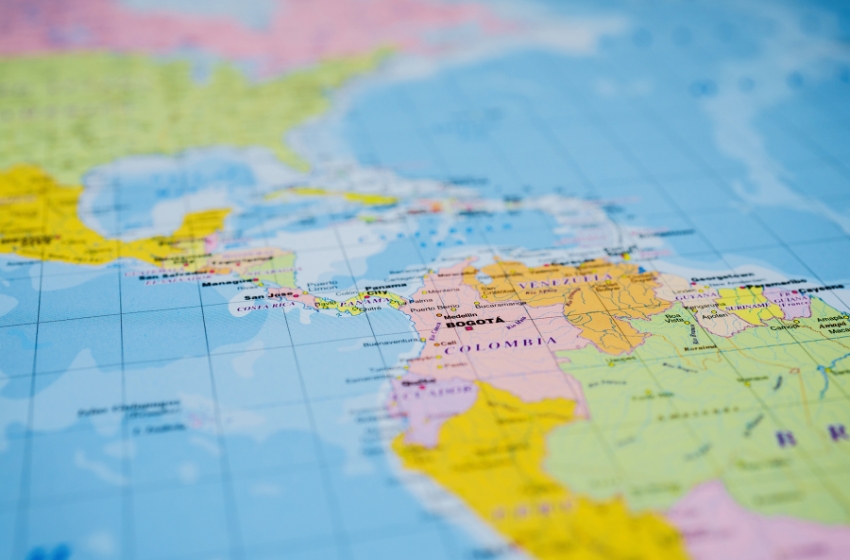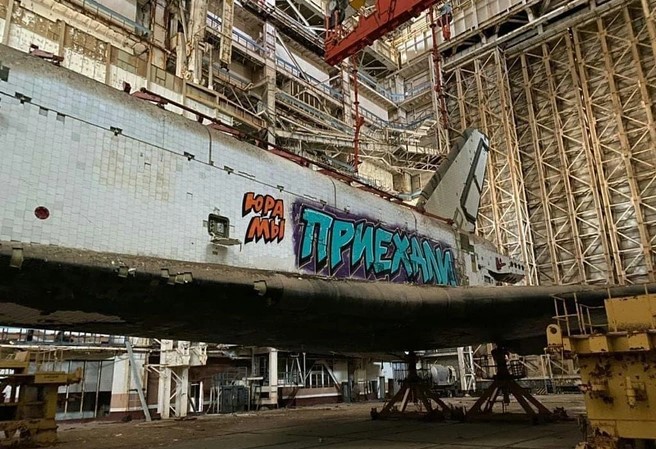International sanctions imposed on Russia after its full-scale invasion of Ukraine have significantly limited its geopolitical presence in Latin America.
The initiative known as the “Primakov Doctrine,” which aimed to expand cooperation with countries in the region, is now implemented mainly through symbolic diplomatic gestures—exchange of delegations, student programs, and meetings at lower levels. The main partners remain Cuba, Nicaragua, and Venezuela—countries with historical ties to the USSR.
Sanctions have also sharply reduced military-technical cooperation. Russia traditionally supplied Soviet-era weapons to the region, but the war in Ukraine has significantly depleted its stockpiles. In recent years, no large-scale deliveries have been recorded. Instead, several Latin American countries are considering modernization or complete replacement of outdated systems in cooperation with the United States.
Amid the weakening of Russian positions, Iran and China have increased their activity in the region. Iran is expanding weapons supplies, while China is broadening scientific and military cooperation, strengthening strategic ties with Latin American countries.






















